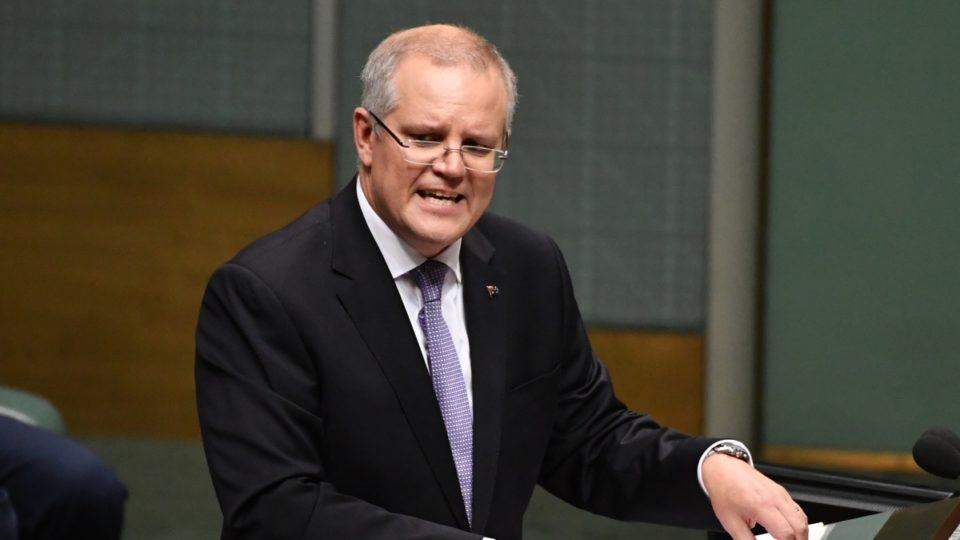Fickle foreign buyers seem to be losing interest in Sydney and Melbourne, with Brisbane having caught their attention instead.
NAB has released its residential property index, revealing that foreign buyer interest in Australia’s largest two housing markets, NSW and Victoria, is cooling off. The markets are, for now, being sustained by a promising sentiment among key figures in the sector.
Victoria has had the strongest outlook for a while now and it’s holding on to that top spot, but NSW’s level of sentiment was also high, quite unexpectedly, for the first quarter of this year.
At the peak of offshore investment, foreigners were snapping up 1 in 3 new properties in Victoria (that was in late 2014) and 1 in 5 in NSW (in early 2015). Now, the level is down to about 1 in 10 properties, so you can see how much things have changed.
In contrast, Queensland is now lapping up foreign investment with more than 1 in 5 new properties being sold to overseas buyers.
Alan Oster, chief economist at NAB, acknowledged that the reduction in interest may be partly due to tougher bank lending criteria, but pointed out that there had been a clear shift of interest away from Melbourne and Sydney and towards Queensland.
“There’s been a switch,” Mr Oster said. “[foreign buyers] are seeing opportunity in Queensland.”
The survey showed there is only one state tracking above its long-term average, and that’s Victoria. Mr Oster commented on how the state had held up better than expected, but said NAB was worried about the apartment market being flooded with a surplus of new properties.
“We know that a lot of that [investment] had been in the past Chinese,” he said.
Chinese nationals spent a whopping $24.3 billion on Australian property in 2014-2015, and have contributed the largest chunk of foreign investment for the past two financial years.
You’d expect sentiment in NSW to be in decline as a result of this news, but in fact it’s maintaining a more positive level ground.
No such luck for Western Australia though; the continued decline of the resource sector has pushed sentiment to an all-time survey low, far behind the rest of the country.











